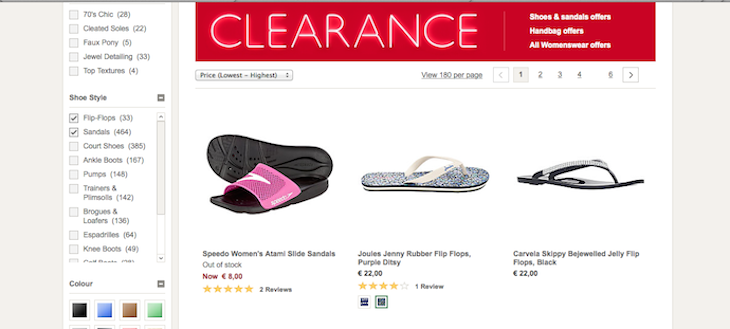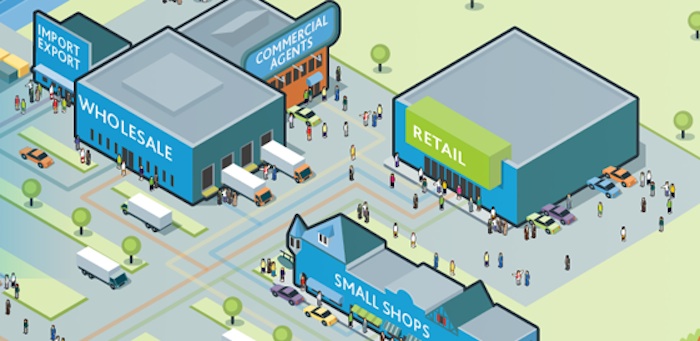The logistical costs for online shipping have always been a thorn in the side for retailers: the consumer is used to not paying any shipping costs, but this is not always possible. One solution seemed to be click and collect: order online and collect in store. But even in this case there are costs, and in a country where this service has reached significant proportions (80 million orders last years according to IMRG, with 3 out of 4 online purchasers using it), some companies are taking cover.
John Lewis for example, a mid to high range brand, has decided that from 28 July it will apply a £2 cost (around €2.80) for purchases below £30 (around €42). A significant decision for the English retailer, which processes 6 million click and collect orders each year, with more than 6 billion pounds of online sales in 2013: they now account for 33% of total sales.
According to the British retailer, the current free service is “unsustainable”: the logistics of distributing packages from the central warehouse in Milton Keynes to 360 outlets cannot be covered for small orders, like lipstick or a necklace. “The majority of orders will remain free of charge while allowing us to invest further in the expansion of click and collect” announced Mark Lewis, John Lewis’s online director. According to the BBC, orders under 30 pounds accounted for 18% of the total last year.
It is likely that other retailers will soon adopt this policy. Perhaps they will convince customers to pay for a quicker and more efficient service. In fact, Amazon is looking ahead: they have just launched Amazon Prime Now in central London, which delivers to your home or office within an hour. The price? £6.99 (almost €10).






